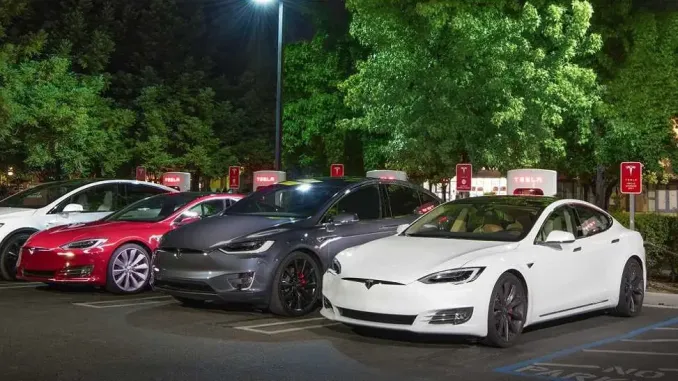Electric cars have gained significant attention in recent years due to their potential to reduce carbon emissions and revolutionize transportation. While they offer numerous advantages, it is fair to acknowledge that electric cars are not without their challenges. So let’s explore some of the biggest problems associated with electric cars. By understanding these issues, hopefully manufacturers can make them even better.
- Limited Driving Range: One of the primary concerns surrounding electric cars is their limited driving range compared to traditional gasoline-powered vehicles. While EV technology has made significant advancements, the range of most electric cars still falls short of their gasoline counterparts. This limitation often leads to range anxiety among potential buyers who fear being stranded without access to charging infrastructure. We will discuss the current state of electric car range and potential solutions for extending it.
- Lack of Sufficient Charging Infrastructure: The availability of charging stations remains a critical obstacle for widespread electric car adoption. Although the charging infrastructure is expanding, it is still not as extensive or easily accessible as traditional gas stations. This issue poses challenges for long-distance travel and individuals without access to home charging. We will explore the importance of developing a robust charging network and discuss current efforts to improve the charging infrastructure.
- Charging Time: Charging an electric car takes significantly longer than refueling a traditional car with gasoline. While home charging overnight is convenient, it might not be feasible for those living in apartments or urban areas with limited access to charging points. Additionally, fast-charging stations are not yet widely available, limiting the convenience of on-the-go charging. We will delve into the various charging options and examine advancements in fast-charging technology.
- Cost and Limited Model Options: The initial cost of electric cars remains higher than their gasoline counterparts, primarily due to expensive battery technology. While prices are gradually decreasing, electric vehicles are still not affordable for many consumers. Furthermore, the variety of electric car models available in the market is limited compared to traditional cars. We will discuss the current cost landscape and explore potential solutions to make electric cars more accessible and diverse.
- Environmental Concerns: While electric cars contribute significantly to reducing greenhouse gas emissions, they are not entirely exempt from environmental concerns. The production of lithium-ion batteries, which power most electric vehicles, has its environmental impact, including extraction of raw materials and disposal of used batteries. We will analyze the environmental implications of electric cars and look into sustainable battery technologies and recycling initiatives.

So there you go, some of the biggest problems with Ev’s. Electric cars offer a promising solution to combat climate change and reduce dependence on fossil fuels. However, they are not without their challenges. The limited driving range, lack of charging infrastructure, long charging times, high costs, and environmental concerns are some of the significant problems that need to be addressed. I’m biased, but I still think they are awesome.
